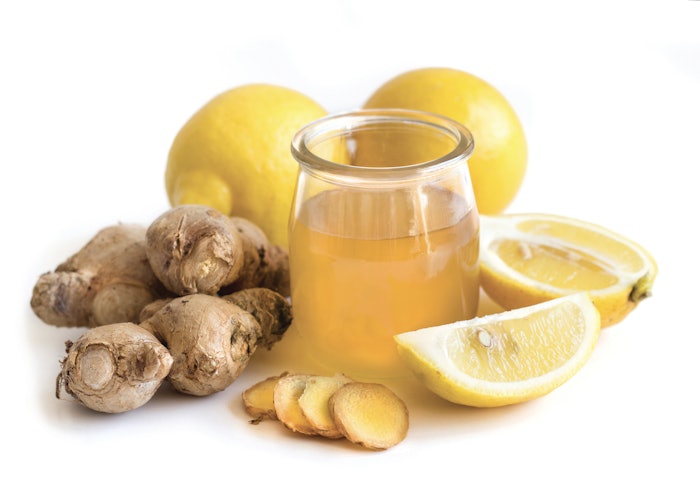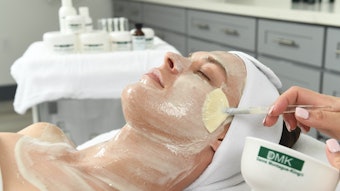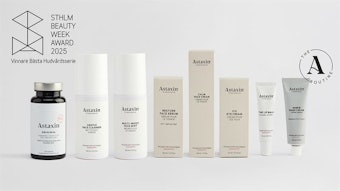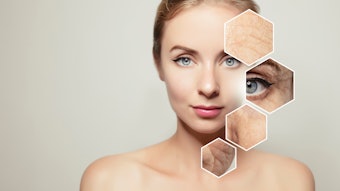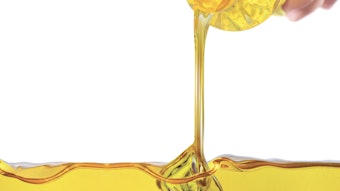Vitamin K is highly valued topically in skin care for its ability to strengthen blood vessels and improve circulation, thereby enhancing the appearance of dark circles and bruising. Its anti-inflammatory properties also make it effective when soothing conditions like rosacea, eczema and psoriasis. More broadly, vitamin K can also be used in well-aging regimens and for wound healing, which can be beneficial for improving the appearance of acne lesions and post-acne scarring.
This article is only available to registered users.
Log In to View the Full Article
Vitamin K is highly valued topically in skin care for its ability to strengthen blood vessels and improve circulation, thereby enhancing the appearance of dark circles and bruising. Its anti-inflammatory properties also make it effective when soothing conditions like rosacea, eczema and psoriasis. More broadly, vitamin K can also be used in well-aging regimens and for wound healing, which can be beneficial for improving the appearance of acne lesions and post-acne scarring.
A Bright Spot for Dark Marks
Its ability to reduce the appearance of dark circles, bruises and scars is what makes it a favorite for dermatologists and surgeons for those post-procedure or those healing scars and burns, as it can improve blood flow and promote cellular regeneration.
The whole-body benefits of vitamin K have been driving its growing popularity among well-seekers. Vitamin K is crucial for blood clotting, another important aspect of wound healing, by stopping excessive bleeding after injury.
Bone health is also closely tied to vitamin K, as it ensures the body uses calcium properly. By directing calcium to the bones, vitamin K helps bolster bone density, which can help prevent fractures and conditions like osteoporosis, which women are more prone to have, especially once menopause hits and their estrogen levels decrease. Vitamin K’s authority over calcium means that it decreases the amount that builds up in arteries and soft tissues, aiding cardiovascular health.
There are even some studies that support vitamin K being beneficial to cognitive health and memory by reducing neuroinflammation, particularly in older adults. Vitamin K also helps bolster the immune system and can help protect against some cancers by modulating inflammatory responses.
Products, Techniques & Consumption
To reap the benefits of vitamin K, there’s a whole host of serums and eye creams rich in this nutrient to treat discoloration, dark circles and an uneven skin texture. Vitamin K is typically layered with other actives to maximize the benefits. Vitamin K is synergistic with vitamin C, hyaluronic acid and peptides.
Those incorporating vitamin K into their morning routines can easily use their desired SPF products afterward, while well-aging night owls can feel assured in using their retinols effectively after applying vitamin K.
While commonly used in spas topically, vitamin K is greatly beneficial when consumed too.
“In my practice, I’ve seen how vitamin K often reveals itself not just through what we eat, but through how well the body can truly absorb and use it,” says Dr. Arun Thomson. “A diet rich in healthy fats helps the gut flora thrive, which in turn produces vitamin K₂. I often encourage clients to support this with simple daily practices like sipping warm water with lemon and ginger to gently ignite digestion. I also look closely at liver health, since it plays such a vital role in activating vitamin K; herbs like turmeric, Guduchi, and dandelion root have been powerful allies here. When these pieces come together, Vitamin K becomes more than a nutrient; it is part of the body’s natural armour for longevity and vitality.”
